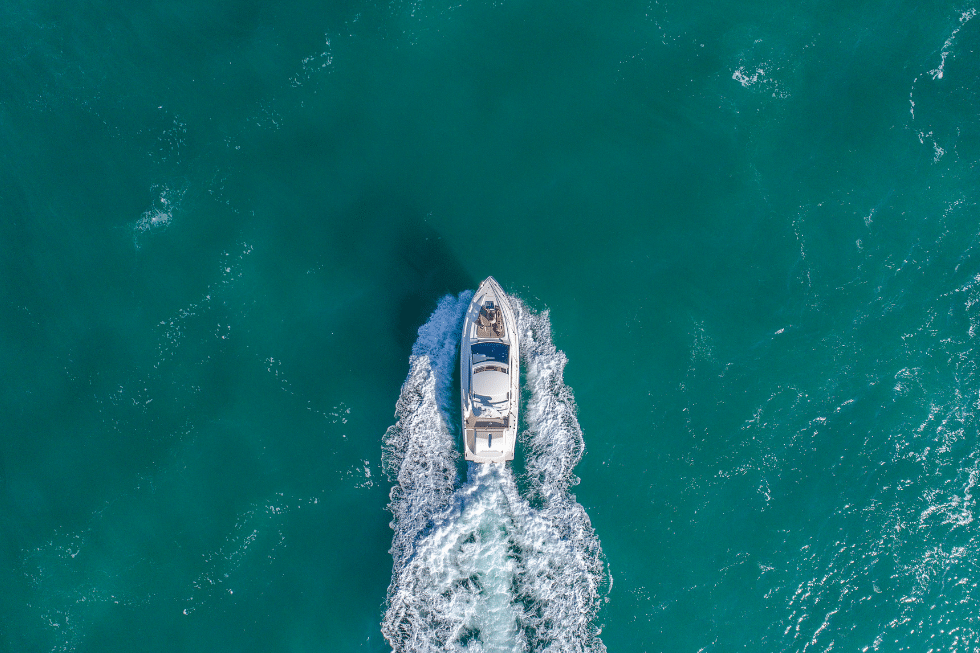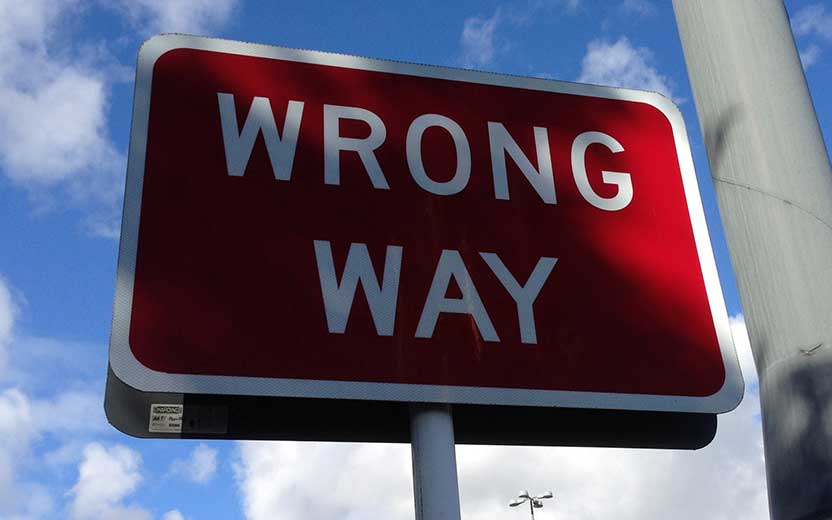By Marcus Fernandez
Safety on the waterways is a key issue in Florida. With more than 961,000 registered recreational vessels, the state ranks number one for the most boats in the country. Unfortunately, it also leads the nation with the most boating accidents per year. Boating-related accidents caused 453 people to be injured and another 65 people were killed in Florida in 2019. The following article answers the most common boating questions. The answers will help you understand boating personal injury claims, when someone’s negligent or reckless behavior causes an accident on the water.
What are some of the common causes of boating accidents?
According to data compiled by the U.S. Coast Guard, the 10 most common causes of boating accidents are the following:
- Operator inattention.
- Improper lookout.
- Inexperienced operator.
- Excessive speed.
- Alcohol impairment.
- Mechanical failure.
- Violation of navigation rules.
- Weather.
- Hazardous waters.
- Wave or wake force.
Law enforcement officials in Florida attributed 29% of fatal boating accidents in the state last year to the use of drugs or alcohol.
What are the most frequently occurring types of boating accidents?
The primary types of accidents involving various types of watercraft include the following:
- Collisions with other vessels.
- Collisions with fixed objects.
- Falling overboard.
- Grounding.
- Capsizing.
- Striking underwater object.
- Wake or wave damage.
- Fire or explosion.
- Struck by propeller.
State and federal laws provide the rules and regulations boaters must follow for safe operation of commercial and recreational vessels operating in the interior and coastal waterways of Florida.
What causes boating accidents?
The safety of a vessel and its passengers depends upon the skill and training of the person operating it. The operator must know how to navigate and operate the vessel in accordance with rules and regulations put in place to prevent accidents. An inexperienced operator or one who engages in risky behaviors, such as speeding, operating under the influence of drugs or alcohol, and being inattentive while operating a vessel may cause an accident and be held liable for payment of damages to injured victims.
Boating personal injury claims may be caused by factors unrelated to the operator of a vessel. A fire or explosion that causes serious and life-threatening injuries or the sinking or capsizing of a boat may be caused by defective equipment. A manufacturer or the company responsible for maintaining the faulty equipment may be held responsible for boating personal injury claims.
Reviewing the evidence and circumstances of a boating accident to determine its cause and identify the party or parties responsible takes an experienced personal injury attorney with knowledge of boating claims and the laws that apply to them.
For example, an explosion that causes injuries to the operator of a rented jet ski may be the fault of multiple parties. The manufacturer of the jet ski may have produced a defective engine that improper maintenance performed by the rental company may have equally contributed to causing the accident.
What is maritime law, and does it apply to boating personal injury claims?
Maritime law governs some boating accidents. This area of law applies to commercial ships, pleasure boats, and even jet skis operating in navigable waters, which are bodies of water capable of transporting vessels carrying people or cargo between states or to other countries.
Do you need a license to operate a boat or personal watercraft in Florida?
Florida does not have a license requirement for operating a boat or personal watercraft. Instead, you must complete a boating safety course and obtain a boating safety identification card issued by the state that you must have it in your possession when operating a vessel powered by a motor that is at least 10 horsepower.
Does Florida consider a jet ski to be a boat?
Florida law defines any vessel that you sit, stand or kneel on that is powered by a motorized water jet pump and measures less than 16 feet long as a personal watercraft or PWC, which would include a jet ski. PWCs may not be on the water from 30 minutes after sunset until 30 minutes before sunrise, and you must be at least 14 years of age to operate one.
Must adults wear life jackets while on a boat?
All vessels operated on waterways in and around Florida must have at least one Coast Guard-approved personal flotation device onboard for each person. The state recommends that adults wear a life jacket while onboard. However, it is is mandatory in Florida that children under age six wear a life jacket while onboard a boat, even when it is anchored or secured to a dock. Operators of PWCs and their passengers also must wear a personal flotation device at all times.
Do I need a lawyer for boating personal injury claims?
A Tampa boating personal injury claims attorney can help if you are injured in a boating accident. An attorney offers knowledge of the laws, rules and regulations governing boat operation. An attorney also has the experience needed to aggressively pursue claims on behalf of victims. Consult one of our experienced lawyers at Kinney, Fernandez and Boire Law. Call us today or fill out this form to get a free case evaluation.



